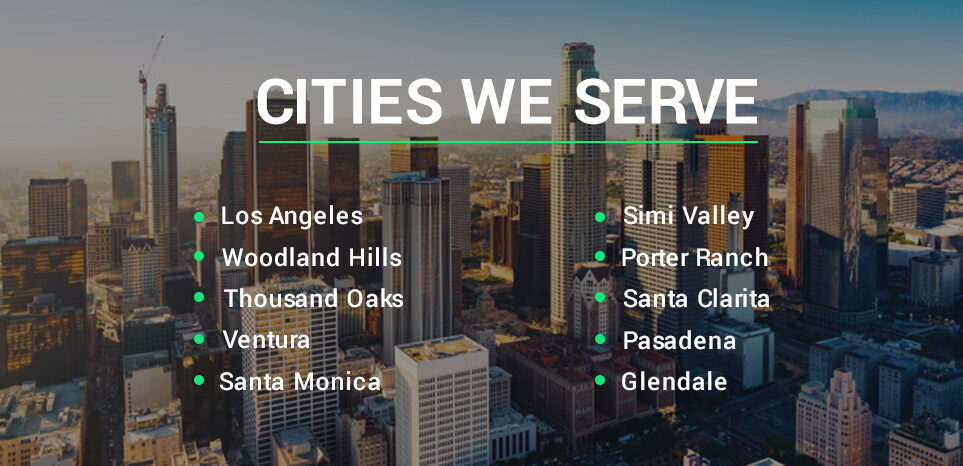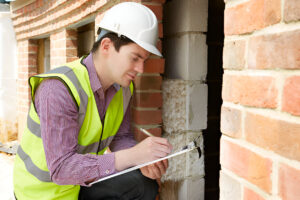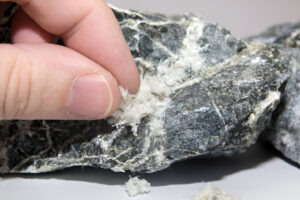Finding mold in your home can be worrying. You know you need to address it, but where do you start, and who can you trust to accurately assess the situation? This is where the phrase “mold inspector” comes in, but it’s crucial to understand that not everyone who offers mold inspections has the same level of expertise or qualifications. Read more about the importance of hiring certified mold inspection experts.
Just like you’d seek a specialist for a health concern, mold issues often require a professional with specific training and credentials. This is why the “certified” part is so important. This guide will walk you through what it truly means for a mold inspector to be certified, the significant risks of hiring someone who isn’t, and the key qualifications that set genuine certified mold inspection experts apart.
What Does “Certified” Mean in Mold Inspection?
When you see that a mold inspector is “certified,” it means they’ve gone a significant step beyond just deciding to offer mold inspection services. Certification is a process, typically managed by independent, accredited organizations, that verifies an individual has met specific standards of knowledge and competence in the field of mold inspection.
Think of it like getting certified in First Aid – you have to undergo training and pass a test to prove you know what to do in an emergency.
For mold inspectors, certification demonstrates they have a solid understanding of:
- Building science and how moisture affects structures.
- Different types of mold and how they grow.
- Proper techniques for inspecting properties for mold and moisture, including understanding where mold likes to hide.
- How to use specialized equipment correctly.
- Proper sampling methods to collect reliable samples.
- Interpreting laboratory results.
- Industry standards and ethical practices.
Why Certification Matters: The Risks of Unqualified Inspectors
Choosing a mold inspector solely based on the lowest price or a quick online search without verifying their credentials can be a costly mistake. When you hire someone who isn’t properly certified, you run some serious risks that can leave you with bigger problems than when you started.
Here’s why relying on unqualified inspectors for a mold inspection can be risky:
- Inaccurate or Incomplete Assessments: Without proper training, they might miss subtle signs of hidden mold or fail to pinpoint the actual source of moisture, leading to an incomplete picture of your mold issue.
- Improper Testing & Misleading Results: Mold testing requires specific techniques. An uncertified individual might collect samples incorrectly or misinterpret lab results, giving you false information about the type or extent of mold.
- Potential for Conflict of Interest: Be wary of inspectors who also offer remediation services without a clear separation. An unqualified person in this situation might exaggerate findings to get a remediation job.
- Lack of Understanding: They may not fully grasp building science or how moisture moves within structures, which is crucial for identifying the root cause of mold growth.
- Wasted Money and Ongoing Problems: An incorrect assessment means recommended solutions might not fix the real issue, leading to recurring mold, continued damage, and repeated expenses.
Key Qualifications to Look for in Certified Mold Inspection Experts
When you’re seeking professional help for a potential mold issue, you want someone with verified expertise. Look for certified mold inspection experts who possess a combination of the following qualifications:
- Accredited Certifications: The most respected certifications in the mold inspection field come from accredited bodies that have their certification programs audited by independent third parties, ensuring impartiality and adherence to high standards. Look for certifications from the American Council for Accredited Certification (ACAC). Their certifications, such as Council-certified Microbial Investigator (CMI) or Council-certified Microbial Consultant (CMC), require demonstrated experience and passing rigorous exams. While other certifications exist (like those from MICRO or InterNACHI), prioritize those from accredited sources for the highest level of assurance.
- Relevant Education and Background: While not always strictly required, inspectors with a background in science, biology, environmental science, or building science often have a deeper understanding of mold, its growth patterns, and how it interacts with building materials. This academic foundation complements their practical training.
- Experience Matters: Certification is a great baseline, but there’s no substitute for hands-on experience. Certified mold inspection experts who have years of experience inspecting a variety of properties and tackling diverse mold scenarios are better equipped to accurately assess complex situations and identify less obvious issues.
- Adherence to Industry Standards: A qualified expert will follow recognized professional standards and guidelines for mold inspection and sampling. These standards, often set by organizations like the AIHA (American Industrial Hygiene Association) or other professional bodies, ensure the inspection is thorough, the sampling is done correctly, and the results are reliable. Ask about the standards they follow.
- Professional Affiliations: Membership in reputable professional associations, such as the National Association of Mold Remediators and Inspectors (NAMRI) or AIHA, can indicate a commitment to ethical practices, ongoing education, and staying current with industry best practices.
The Certified Mold Inspection Process: What to Expect
When a certified mold inspection expert arrives at your property, they won’t just glance around. They follow a structured process to ensure a thorough and accurate assessment.
Here’s generally what you can expect:
- Initial Consultation: The process usually begins with a conversation with you. The inspector will ask about any history of water issues, areas where you’ve seen or smelled mold, health symptoms you’ve experienced, and any previous repair work. This helps them understand potential problem areas.
- Thorough Visual Inspection: They will conduct a detailed visual inspection of the entire property, inside and out. They’re not just looking for visible mold but also for signs of past or present moisture issues like water stains, discoloration, or warped materials. They’ll pay close attention to areas known to be prone to mold, like basements, attics, bathrooms, and areas around windows.
- Using Specialized Equipment: This is where their expertise and tools come in. They’ll use equipment like moisture meters to check for elevated moisture levels in building materials, even behind walls, and possibly thermal cameras to identify temperature differences that could indicate hidden moisture.
- Strategic Sampling (If Needed): Based on their visual inspection and moisture readings, the inspector will determine if sampling is necessary. They’ll collect air, surface (swab or tape lift), or bulk samples from specific areas using proper protocols to avoid cross-contamination. These samples are crucial for confirming the presence of mold, identifying the type, and determining spore concentrations.
- Laboratory Analysis: The collected samples are sent to an accredited third-party laboratory for analysis. Certified inspectors work with reputable labs to ensure accurate results.
- Detailed Report and Recommendations: Once the lab results are available, the certified mold inspection expert will compile a comprehensive report. This report will explain the findings, include lab results, pinpoint the moisture source, and provide clear, actionable recommendations for addressing any mold issues and preventing recurrence.
Questions to Ask Before Hiring a Mold Inspector
Choosing the right mold inspector is a critical decision for accurately identifying any mold issues in your home. To help you vet potential candidates and ensure you’re hiring a qualified professional, here are some key questions you should ask:
- Are you certified by an accredited organization? Which one? This is perhaps the most important question to verify their credentials.
- How many years of experience do you have in mold inspection? Experience in the field is invaluable.
- What is included in your standard mold inspection process and report? Understand the scope of their work and what deliverables you’ll receive.
- Do you carry professional errors and omissions (E&O) insurance? This protects both you and the inspector.
- Do you also perform mold remediation services? As discussed, hiring an independent inspector helps avoid conflicts of interest.
- Can you provide references from past clients? Hearing about others’ experiences can be very helpful.
Asking these questions upfront will help you find a qualified and trustworthy mold inspector to properly assess your home.
Conclusion
When faced with potential mold issues, the expertise of the professional you hire makes all the difference. Choosing certified mold inspection experts is not just an option; it’s a crucial step for obtaining an accurate, reliable assessment of your home’s condition. Don’t settle for less when it comes to something as important as indoor air quality.
For a truly professional and certified mold inspection, contact Fun Guy Inspection & Consulting LLC today. Our team of experts is ready to provide you with the peace of mind that comes from a thorough and accurate mold assessment.
Contact us today 818-674-7541
or
Robert@funguyinspections.com





